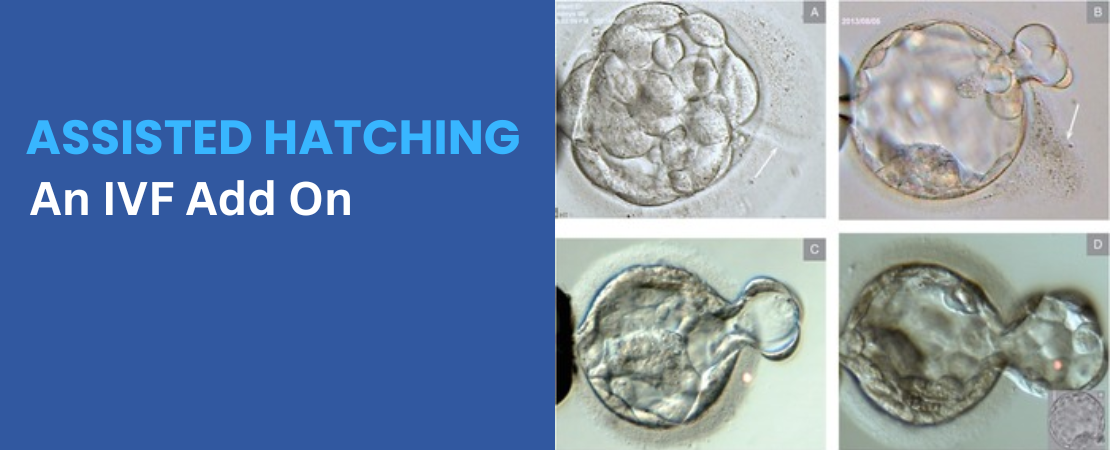Who Should Consider IUI for Infertility?
Intrauterine insemination (IUI) is a widely used fertility treatment designed to enhance the chances of conception by placing washed and concentrated sperm directly into the uterus. It is a less invasive and more affordable alternative to in vitro fertilization (IVF) and is most effective for specific types of infertility cases.
Below are the ideal candidates for IUI based on medical conditions and infertility causes.
1. Couples with Unexplained Infertility
When to Consider IUI?
- If a couple has been trying to conceive for over a year (or 6 months if the woman is over 35) with no identified cause of infertility.
- If both partners have normal ovulation, open fallopian tubes, and healthy sperm counts, but pregnancy hasn’t occurred.
- Studies suggest IUI combined with ovulation induction increases pregnancy chances in these cases.
Supporting Research:
- A study published in Human Reproduction found that IUI with ovarian stimulation increases pregnancy rates in couples with unexplained infertility.
2. Mild Male Factor Infertility
When to Consider IUI?
- If the sperm count, motility, or morphology is slightly below normal but still sufficient for fertilization.
- If the total motile sperm count (TMSC) after washing is at least 5-10 million.
- If the male partner has mild sperm abnormalities but still produces viable sperm.
When IUI May Not Work
- If the sperm count is severely low (<5 million motile sperm post-wash).
- If the sperm has very poor motility or high DNA fragmentation, IVF with ICSI (Intracytoplasmic Sperm Injection) may be a better option.
Supporting Research:
- A study in Fertility and Sterility concluded that IUI is beneficial for mild male factor infertility but less effective in severe cases.
3. Cervical Mucus Issues
When to Consider IUI?
- If the woman has hostile cervical mucus, which can block sperm from reaching the uterus.
- If previous postcoital tests have shown that sperm cannot survive in the cervical mucus.
- IUI bypasses the cervix, delivering sperm directly into the uterus, increasing the chances of conception.
Supporting Research:
- Studies show that IUI significantly improves pregnancy rates in women with cervical mucus problems compared to timed intercourse.
4. Ovulatory Disorders (Irregular or Absent Ovulation)
When to Consider IUI ?
- If the woman has irregular ovulation or anovulation due to conditions such as:
- Polycystic ovary syndrome (PCOS)
- Hypothalamic amenorrhea
- Mild hormonal imbalances
- IUI is often combined with ovulation-inducing medications (Clomid, Letrozole, or Gonadotropins) to improve the chances of conception.
Supporting Research:
- Research in The Journal of Clinical Endocrinology & Metabolism found that IUI with ovulation induction improves pregnancy success rates in women with PCOS.
5. Single Women or Same-Sex Female Couples Using Donor Sperm
When to Consider IUI?
- If a single woman or a same-sex female couple wishes to conceive using donor sperm.
- If ovulation is regular, IUI can be performed in a natural cycle or with mild ovarian stimulation to increase success rates.
Supporting Research:
- A study in Reproductive Biomedicine Online found that IUI with donor sperm is highly effective, with cumulative success rates increasing over multiple cycles.
6. Couples with Sexual Dysfunction or Ejaculation Issues
When to Consider IUI?
- If the male partner has erectile dysfunction (ED), premature ejaculation, or anatomic issues that make natural conception difficult.
- If semen collection is challenging due to performance anxiety or spinal cord injuries.
- If sperm retrieval procedures like TESA or PESA are used, the retrieved sperm can be processed for IUI.
Supporting Research:
- Studies have shown that IUI is a successful fertility option for men with ejaculation disorders.
7. Mild Endometriosis
When to Consider IUI?
- If a woman has mild endometriosis (Stage I or II) but open fallopian tubes and a healthy ovarian reserve.
- If IUI is combined with controlled ovarian stimulation, success rates may improve.
When IUI May Not Work
- In cases of moderate to severe endometriosis (Stage III-IV), where the uterus or ovaries are significantly affected.
- IVF may be recommended instead to bypass the inflamed pelvic environment.
Supporting Research:
- The American Society for Reproductive Medicine (ASRM) states that IUI can be effective for mild endometriosis but less successful in severe cases.
Who Should NOT Consider IUI?
IUI is not suitable for:
- Women with completely blocked fallopian tubes (HSG test required to confirm).
- Severe male infertility (low sperm count & motility) (ICSI-IVF is recommended).
- Severe endometriosis or uterine abnormalities affecting implantation.
- Women with poor ovarian reserve (AMH < 1 ng/mL, high FSH levels).
Conclusion
IUI is a minimally invasive, cost-effective fertility treatment suitable for unexplained infertility, mild male factor infertility, ovulatory disorders, donor sperm cases, and sexual dysfunction-related infertility. However, success depends on proper patient selection, optimized timing, and medical protocols.
For couples unsure about IUI, consulting a fertility specialist for comprehensive testing (semen analysis, ovulation tracking, fallopian tube evaluation) will help determine if IUI is the right option or if IVF is a better choice.
Would you like help finding the best IUI clinics or comparing success rates?

